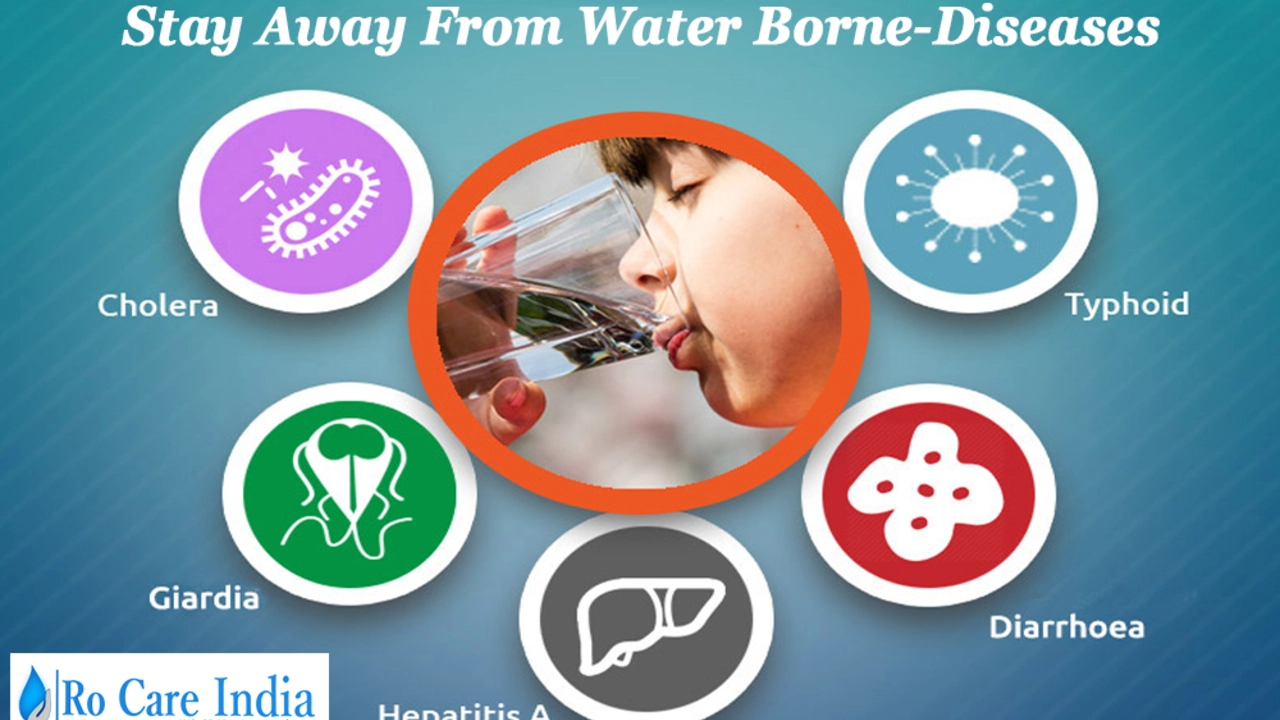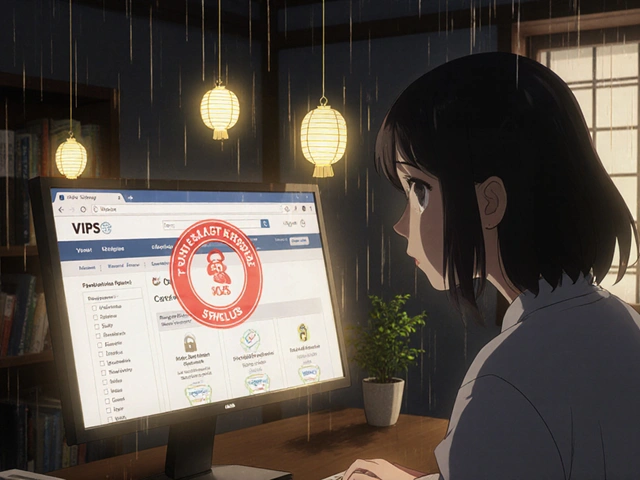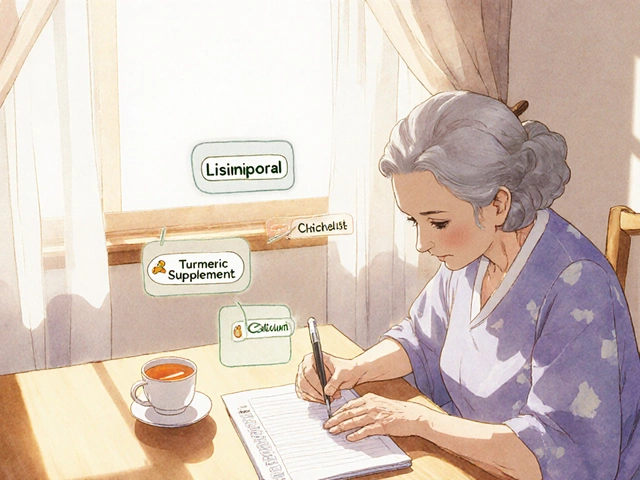Ulcer Management: What Works and What Doesn’t
If you’ve been told you have an ulcer, the first thing you probably want to know is how to feel better fast. The good news is that most ulcers respond well to a mix of smart food choices, the right meds, and a few everyday habits. Below you’ll find a no‑nonsense plan that you can start today.
Diet Tips for Ulcer Healing
Food is the biggest trigger for ulcer pain, so paying attention to what you eat makes a huge difference. Stick to bland, low‑acid foods like oatmeal, bananas, steamed veggies, and lean proteins. Avoid spicy sauces, citrus fruits, coffee, and alcohol – they can irritate the lining and delay healing.
Eating smaller meals more often (5‑6 times a day) reduces the amount of acid the stomach has to produce at once. Also, chew each bite slowly; digestion starts in the mouth, and a relaxed stomach won’t over‑produce acid.
Medication & Lifestyle
Most doctors prescribe a proton‑pump inhibitor (PPI) such as omeprazole or a H2 blocker like ranitidine to lower stomach acid. Take the pill before breakfast for the best effect, and follow the full course even if you feel better early on.
If you smoke, quit. Nicotine increases acid secretion and slows tissue repair. Exercise gently – a short walk after meals helps food move through the stomach without putting extra pressure on the ulcer.
Stress isn’t a direct cause, but it can make symptoms worse. Try simple stress‑busting tricks: deep breathing, a quick stretch, or a five‑minute break to step outside. Consistency beats intensity when you’re building new habits.
Finally, keep a symptom diary. Write down what you ate, how you felt, and any meds you took. Over a week you’ll spot patterns that tell you exactly which foods or activities to keep or ditch.
Managing an ulcer doesn’t have to be complicated. Pair the right medication with a gentle diet, quit smoking, stay active, and track your progress. Stick with these steps, and you’ll likely see pain melt away in a few weeks.

The role of hydration in ulcer prevention and management
- By : Archer Hamilton
- Date : Sep 4 2023
Hey folks, this article is a deep dive into the crucial role hydration plays in the prevention and management of ulcers. We're going to explore how staying hydrated can help maintain the health of your digestive tract and potentially ward off these painful sores. It's a crucial and often overlooked component of ulcer management. So, grab a glass of water and join me as we unearth the benefits of hydration, together.





